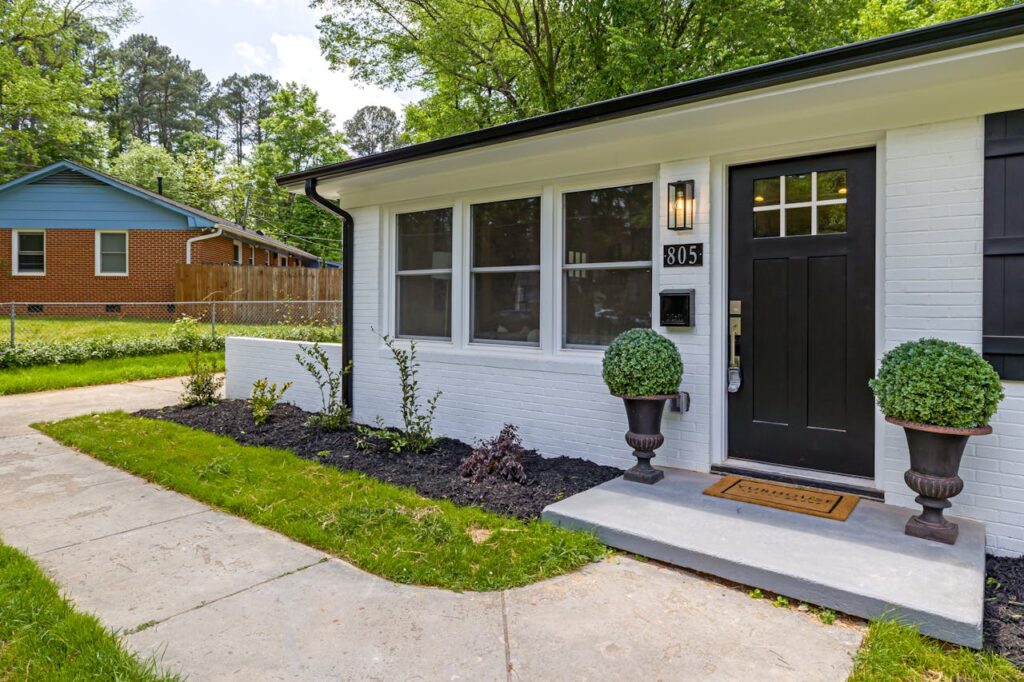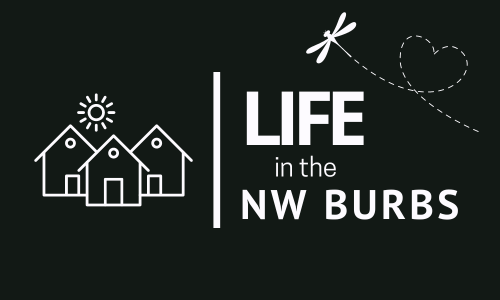 Listen to this article below:
Listen to this article below:
Buying a home in Arlington Heights, Buffalo Grove, Palatine, or the surrounding NW suburbs? You’re probably excited—and maybe a little nervous—about the home inspection. It’s a big step in the process, and you want to make sure you’re making a smart investment.

A home inspection is your chance to get a full picture of the home’s condition before closing. It can reveal hidden issues, give you peace of mind, and help you decide if any repairs or negotiations are needed.
Let’s dive into what to expect, how to prepare, and what to do after the inspection report comes in.
What Is a Home Inspection and Why Is It Important?
A home inspection is a detailed check-up of the home you’re buying. Once your offer is accepted, you’ll schedule a licensed home inspector to examine the property. This typically happens within 5–7 days after the contract is signed.
🔍 What Does a Home Inspector Check?
✔️ Roof & gutters
✔️ Heating & cooling systems (HVAC)
✔️ Plumbing & water heater
✔️ Electrical panel & wiring
✔️ Basement, foundation & crawl spaces
✔️ Attic & insulation
✔️ Windows, doors & exterior
Once the inspection is complete, the inspector will provide a detailed report listing any issues they found. From there, you’ll decide if you want to move forward, negotiate repairs, or even walk away (if there are serious problems).
Common Home Inspection Findings in NW Suburban Homes
Homes in NW suburban Chicago often have recurring issues, especially in older properties. Here’s what inspectors frequently find:
🏠 Roof Wear & Tear – Many roofs in the area are aging, and Chicago’s tough winters take a toll. Missing shingles or minor leaks are common.
❄️ HVAC Issues – Heating and cooling systems can last a long time, but older furnaces or A/C units may need maintenance or replacement.
🚰 Plumbing Concerns – Slow drains, water pressure issues, and sump pump problems are common, especially in basements.
⚡ Electrical Panel & Wiring – Older homes may have outdated fuse boxes or overloaded electrical panels.
🏚️ Basement Moisture & Foundation Cracks – Even small signs of water intrusion can be a concern, so inspectors check basements and crawl spaces carefully.
🔹 The good news? Many of these issues are manageable with proper maintenance and repairs. A thorough home inspection helps you understand what’s a small fix vs. a major problem.
How to Prepare for Your Home Inspection as a Buyer
✅ 1. Choose a Trusted Home Inspector
Not all inspectors are the same! You want someone experienced and thorough who understands homes in the NW suburbs. If you need recommendations, reach out to me—I know some great local inspectors!
📝 2. Attend the Inspection If Possible
It’s not required, but it’s a great idea to be there during the inspection. You’ll get to:
✔️ See the home through the inspector’s eyes
✔️ Ask questions about findings in real-time
✔️ Learn how the home’s systems work
The report is helpful, but being there in person makes it much easier to understand the condition of the home.
🔍 3. Take Notes and Ask Questions
Your inspector will point out things that need attention, but that doesn’t mean they’re deal-breakers. Ask:
- Is this a big issue or just normal wear and tear?
- How soon should this be fixed?
- What’s the estimated cost of repairs?
A home inspector’s job is to inform you, not scare you—so ask anything you’re unsure about!
What Happens After the Home Inspection?
Once the inspection is complete, you’ll get a detailed report that highlights:
✅ Minor issues – These are small, like a loose doorknob or missing caulk.
⚠️ Moderate repairs – These might need fixing soon, like an old water heater or minor roof damage.
🚨 Major concerns – Foundation problems, significant leaks, or faulty electrical work could require major repairs.
Your Next Steps:
🔹 Review the Report with Your Agent – I’ll help you understand what’s a simple fix vs. a bigger concern.
🔹 Decide What to Negotiate – If major repairs are needed, you can:
- Ask the seller to fix certain issues before closing.
- Request a credit so you can handle the repairs yourself.
- In rare cases, walk away if the issues are too big.
🔹 Keep Perspective – No home is perfect! Even new homes have minor issues. The key is focusing on safety, costly repairs, and major structural concerns.
Final Tips for a Smooth Inspection Process
- Be realistic. No home is 100% flawless.
- Prioritize major concerns. Don’t get caught up in tiny cosmetic fixes.
- Think long-term. Some repairs are minor now but could become bigger later.
- Lean on your real estate agent. I’m here to guide you through negotiations and help you make smart decisions!
Need a Reliable Home Inspector? Let’s Chat!
If you’re buying in Arlington Heights, Buffalo Grove, Palatine, or the surrounding NW suburbs, I can connect you with top-rated local home inspectors who know our market well.
Want to feel confident in your home purchase? Let’s make sure you get the full picture before you close the deal.
📞 Call me at 630-267-1808
📧 Email me at [email protected]
Final Thoughts
A home inspection is your best tool for making an informed decision when buying a home. By preparing ahead of time, attending the inspection, and understanding the report, you’ll be ready to move forward with confidence.
Have questions about buying a home in NW suburban Chicago? Let’s connect—I’d love to help!

